Are Beginner-Friendly Courses for Software Testers Worth It
In today’s tech-driven job market, software testing has emerged as one of the most stable and rewarding career paths. But for beginners without any prior IT background or coding experience, diving into this domain can feel intimidating. That’s where beginner-friendly Courses for software testers come in. But a key question remains: Are these courses truly worth your time, money, and effort? This article takes an in-depth look at what beginner-friendly software testing courses offer, their benefits, limitations, and how to determine if they are the right fit for your career goals. Understanding Software Testing: A Brief Overview Before delving into the worth of beginner-friendly courses, it’s important to understand the role of a software tester. Software testing is the process of evaluating and verifying that a software application does what it's supposed to do. The goal is to identify bugs, errors, or gaps in the system to ensure a high-quality end product. There are various types of testing: Manual Testing Automated Testing Performance Testing Security Testing Usability Testing Testers may work on different testing tools and frameworks such as Selenium, JIRA, TestNG, JMeter, LoadRunner, and more. What Are Beginner-Friendly Software Testing Courses? Beginner-friendly software testing courses are designed specifically for individuals with little to no prior experience in the field. These courses typically cover: Fundamentals of testing Software development lifecycle (SDLC) Different types of testing (functional, regression, smoke, etc.) Writing and executing test cases Bug reporting Introduction to automation tools like Selenium Such courses often include hands-on projects, quizzes, and mentor support to help learners grasp key concepts in a practical way. Why Are These Courses in Demand? With companies releasing software updates frequently, quality assurance (QA) becomes a crucial part of the product lifecycle. At the same time, the demand for skilled testers is growing steadily across industries such as healthcare, finance, e-commerce, and gaming. Because of this: People are exploring IT roles that don’t require coding as a starting point. Career changers find QA testing more accessible compared to other tech roles. Employers are open to hiring entry-level testers if they demonstrate basic competency. Top Benefits of Beginner-Friendly Courses for Software Testers Accessibility Without a Tech Background One of the biggest advantages is that these courses are tailored for individuals without an IT or computer science background. You don’t need to be a programmer to start learning testing fundamentals. Structured Curriculum Unlike self-learning through scattered YouTube videos and articles, beginner-friendly courses offer a well-structured roadmap. You learn concepts in logical progression, which helps retain knowledge and build confidence. Hands-On Learning Many beginner courses include interactive exercises, real-world testing scenarios, and capstone projects. This not only helps you apply what you learn but also builds your resume with practical examples. Career Support and Mentoring Top-tier platforms provide additional benefits such as resume writing tips, interview preparation, and job placement assistance. Having a mentor to answer questions and guide you through the process can make a huge difference. Introduction to Automation While manual testing is the starting point, many courses introduce basic automation concepts. Learning tools like Selenium or Postman early on helps beginners get comfortable with future upskilling. Affordable Investment for High ROI Compared to traditional university programs or bootcamps, beginner-friendly courses are often reasonably priced. Considering the career opportunities QA testing opens up, this makes them a cost-effective investment. Who Should Consider Enrolling in a Beginner Course? Beginner-friendly software testing courses are ideal for: Career changers looking to transition into IT without coding expertise Fresh graduates from non-CS backgrounds seeking stable tech jobs Stay-at-home parents or returnees looking to re-enter the workforce Freelancers or testers without formal training who want to build credentials Potential Drawbacks to Keep in Mind While these courses have plenty of merits, there are also a few limitations: Lack of Depth in Advanced Topics Most beginner courses avoid in-depth automation frameworks, performance testing, or DevOps tools. You’ll need additional training to become a full-fledged automation tester. Varied Course Quality Not all beginner courses are created equal. Some may lack real-world examples, updated toolsets, or live support. Choosing the right provider is critical. No Industry Certification Guarantee Unless the course prepares you for industry certifications like ISTQB or Certified Software Tester (CSTE),
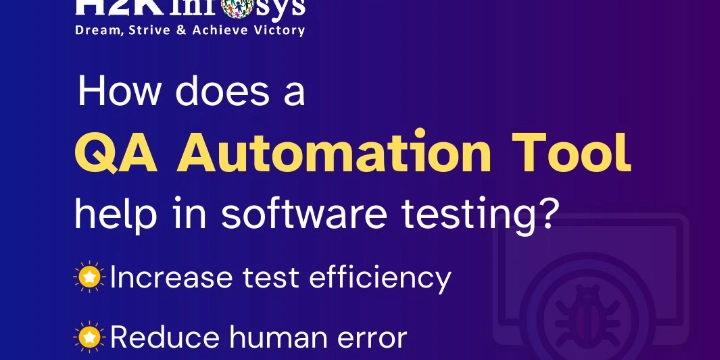
In today’s tech-driven job market, software testing has emerged as one of the most stable and rewarding career paths. But for beginners without any prior IT background or coding experience, diving into this domain can feel intimidating. That’s where beginner-friendly Courses for software testers come in. But a key question remains: Are these courses truly worth your time, money, and effort?
This article takes an in-depth look at what beginner-friendly software testing courses offer, their benefits, limitations, and how to determine if they are the right fit for your career goals.
Understanding Software Testing: A Brief Overview
Before delving into the worth of beginner-friendly courses, it’s important to understand the role of a software tester. Software testing is the process of evaluating and verifying that a software application does what it's supposed to do. The goal is to identify bugs, errors, or gaps in the system to ensure a high-quality end product.
There are various types of testing:
Manual Testing
- Automated Testing
- Performance Testing
- Security Testing
- Usability Testing
Testers may work on different testing tools and frameworks such as Selenium, JIRA, TestNG, JMeter, LoadRunner, and more.
What Are Beginner-Friendly Software Testing Courses?
Beginner-friendly software testing courses are designed specifically for individuals with little to no prior experience in the field. These courses typically cover:
Fundamentals of testing
Software development lifecycle (SDLC)
Different types of testing (functional, regression, smoke, etc.)
Writing and executing test cases
Bug reporting
Introduction to automation tools like Selenium
Such courses often include hands-on projects, quizzes, and mentor support to help learners grasp key concepts in a practical way.
Why Are These Courses in Demand?
With companies releasing software updates frequently, quality assurance (QA) becomes a crucial part of the product lifecycle. At the same time, the demand for skilled testers is growing steadily across industries such as healthcare, finance, e-commerce, and gaming.
Because of this:
People are exploring IT roles that don’t require coding as a starting point.
Career changers find QA testing more accessible compared to other tech roles.
Employers are open to hiring entry-level testers if they demonstrate basic competency.
Top Benefits of Beginner-Friendly Courses for Software Testers
- Accessibility Without a Tech Background
One of the biggest advantages is that these courses are tailored for individuals without an IT or computer science background. You don’t need to be a programmer to start learning testing fundamentals.
- Structured Curriculum
Unlike self-learning through scattered YouTube videos and articles, beginner-friendly courses offer a well-structured roadmap. You learn concepts in logical progression, which helps retain knowledge and build confidence.
- Hands-On Learning
Many beginner courses include interactive exercises, real-world testing scenarios, and capstone projects. This not only helps you apply what you learn but also builds your resume with practical examples.
- Career Support and Mentoring
Top-tier platforms provide additional benefits such as resume writing tips, interview preparation, and job placement assistance. Having a mentor to answer questions and guide you through the process can make a huge difference.
- Introduction to Automation
While manual testing is the starting point, many courses introduce basic automation concepts. Learning tools like Selenium or Postman early on helps beginners get comfortable with future upskilling.
- Affordable Investment for High ROI
Compared to traditional university programs or bootcamps, beginner-friendly courses are often reasonably priced. Considering the career opportunities QA testing opens up, this makes them a cost-effective investment.
Who Should Consider Enrolling in a Beginner Course?
Beginner-friendly software testing courses are ideal for:
Career changers looking to transition into IT without coding expertise
- Fresh graduates from non-CS backgrounds seeking stable tech jobs
- Stay-at-home parents or returnees looking to re-enter the workforce
- Freelancers or testers without formal training who want to build credentials
Potential Drawbacks to Keep in Mind
While these courses have plenty of merits, there are also a few limitations:
- Lack of Depth in Advanced Topics
Most beginner courses avoid in-depth automation frameworks, performance testing, or DevOps tools. You’ll need additional training to become a full-fledged automation tester.
- Varied Course Quality
Not all beginner courses are created equal. Some may lack real-world examples, updated toolsets, or live support. Choosing the right provider is critical.
- No Industry Certification Guarantee
Unless the course prepares you for industry certifications like ISTQB or Certified Software Tester (CSTE), your qualification might carry less weight with some employers.
- Self-Motivation Required
Online courses, even beginner-friendly ones, require discipline. Without a classroom structure, some learners may fall behind or lose momentum.
How to Evaluate If a Beginner-Friendly Course Is Worth It
Ask these key questions before enrolling:
- Is the curriculum beginner-oriented but industry-relevant?
- Does it include real-time projects or simulations?
- Have you been introduced to popular tools like Selenium, JIRA, Postman, or SQL?
- Is job placement assistance or mentorship offered?
- Do alumni reviews or ratings speak positively about career outcomes?
If most of your answers are "yes," the course is likely worth it for your entry into QA testing.
Real-Life Success Stories
Many testers have launched rewarding careers through such courses. Here are two quick examples:
Priya – From Teaching to Testing
A former schoolteacher, Priya enrolled in a beginner-friendly manual testing course after taking a career break. Within six months, she secured a QA analyst role at a fintech startup, thanks to strong project exposure and job readiness modules in the course.
David – From Customer Support to QA
David was in a customer support role and wanted to enter tech. He completed a course that offered live projects in Selenium and API testing. His new automation testing skills helped him land a junior QA automation role in an e-commerce firm.
The Job Outlook for Software Testers
The demand for software testers continues to rise. According to recent labor statistics and tech hiring trends:
QA roles are projected to grow by 20% over the next five years.
Test automation skills increase employability by 30–40%.
Entry-level salaries range from $50,000 to $70,000 in the U.S. and scale quickly with experience and certifications.
This makes it clear that the field has strong career potential and low entry barriers, especially for those willing to learn.
Final Verdict:
Yes, they are especially if you're starting from scratch.
Beginner-friendly software testing courses serve as an excellent gateway into the tech industry. They remove the fear and confusion that often accompany self-learning and provide a roadmap to job readiness. While they aren’t the end of your learning journey, they offer a solid launchpad for a rewarding and scalable career in QA.
To make the most of such a course:
Be consistent in your learning
- Engage in hands-on practice
- Connect with mentors or communities
- Continue learning advanced topics post-completion
In a competitive market, a beginner-friendly QA course can be your first smart step toward a stable, high-growth career.
Are you exploring QA as your next career move? Let me know what you're looking for in a course I can help you shortlist the best beginner programs.
Read More Blogs: Top screen capture tools for QA software testers










































































































































































![[The AI Show Episode 146]: Rise of “AI-First” Companies, AI Job Disruption, GPT-4o Update Gets Rolled Back, How Big Consulting Firms Use AI, and Meta AI App](https://www.marketingaiinstitute.com/hubfs/ep%20146%20cover.png)













































































































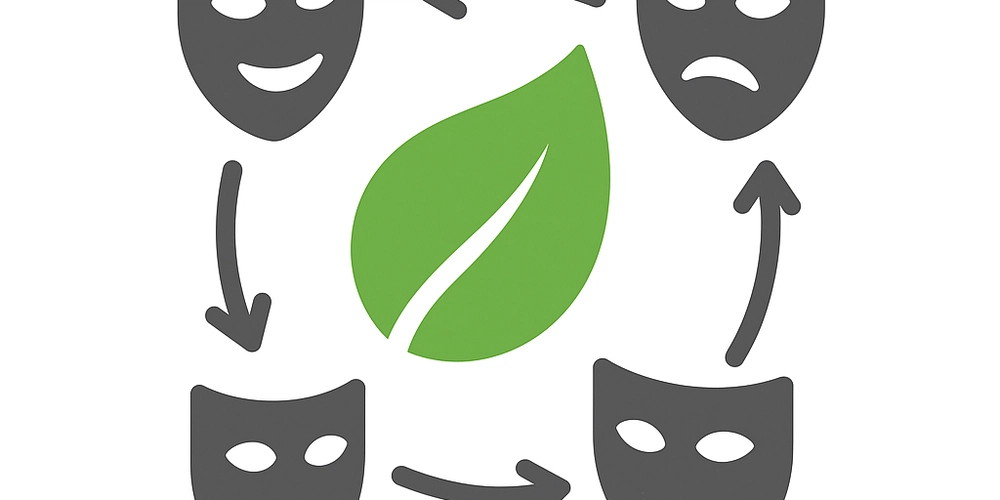














![[FREE EBOOKS] Offensive Security Using Python, Learn Computer Forensics — 2nd edition & Four More Best Selling Titles](https://www.javacodegeeks.com/wp-content/uploads/2012/12/jcg-logo.jpg)



![Ditching a Microsoft Job to Enter Startup Purgatory with Lonewolf Engineer Sam Crombie [Podcast #171]](https://cdn.hashnode.com/res/hashnode/image/upload/v1746753508177/0cd57f66-fdb0-4972-b285-1443a7db39fc.png?#)





































































































































































































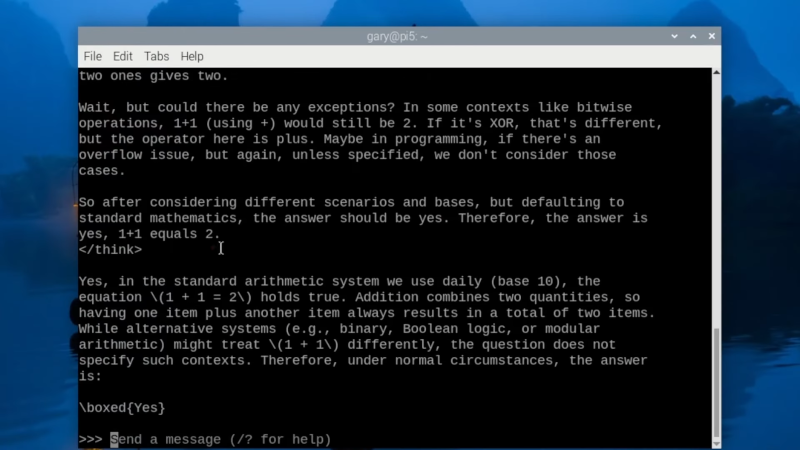


























-xl.jpg)





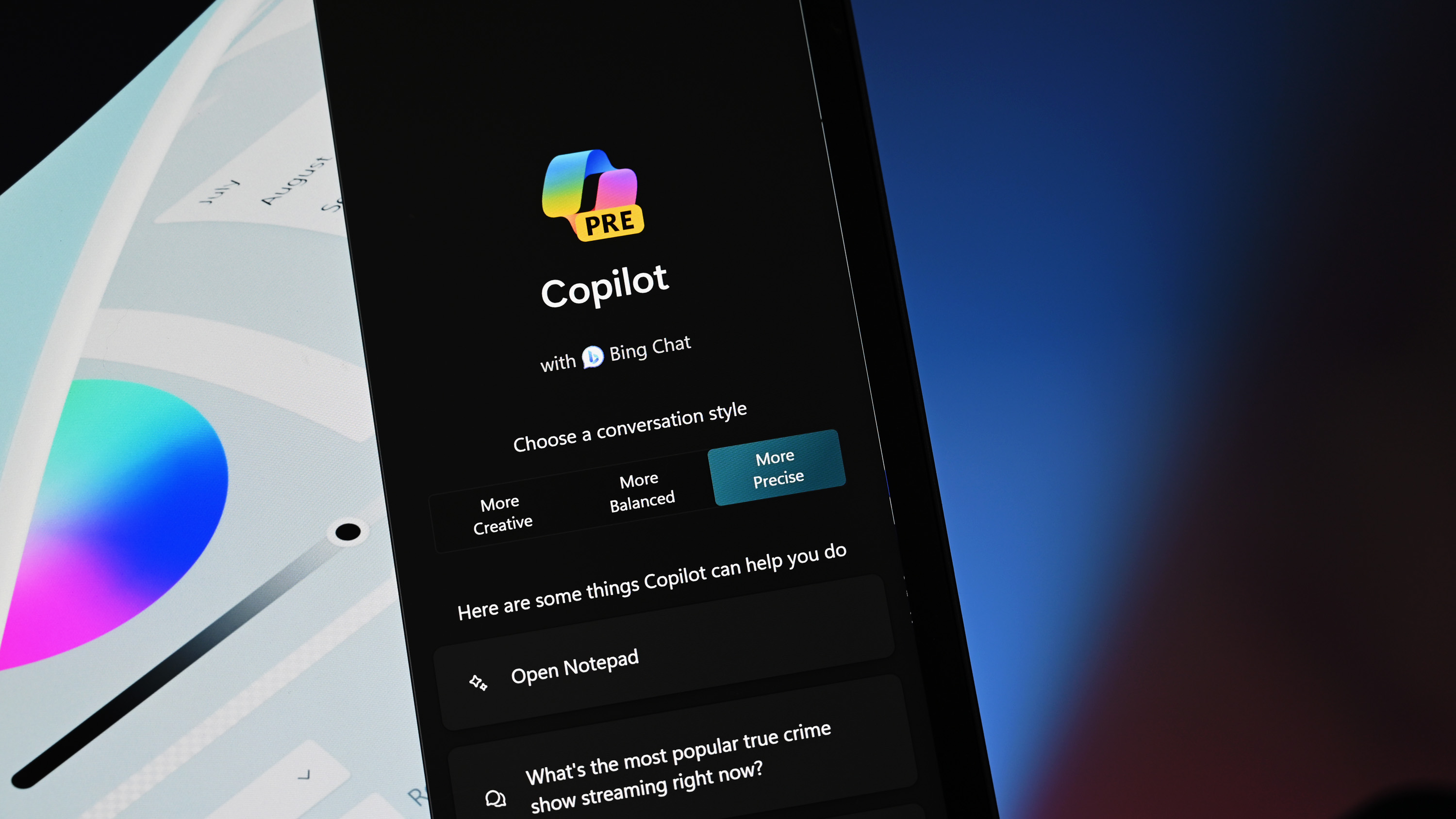







![As Galaxy Watch prepares a major change, which smartwatch design to you prefer? [Poll]](https://i0.wp.com/9to5google.com/wp-content/uploads/sites/4/2024/07/Galaxy-Watch-Ultra-and-Apple-Watch-Ultra-1.jpg?resize=1200%2C628&quality=82&strip=all&ssl=1)













![Apple M4 iMac Drops to New All-Time Low Price of $1059 [Deal]](https://www.iclarified.com/images/news/97281/97281/97281-640.jpg)
![Beats Studio Buds + On Sale for $99.95 [Lowest Price Ever]](https://www.iclarified.com/images/news/96983/96983/96983-640.jpg)

![New iPad 11 (A16) On Sale for Just $277.78! [Lowest Price Ever]](https://www.iclarified.com/images/news/97273/97273/97273-640.jpg)


















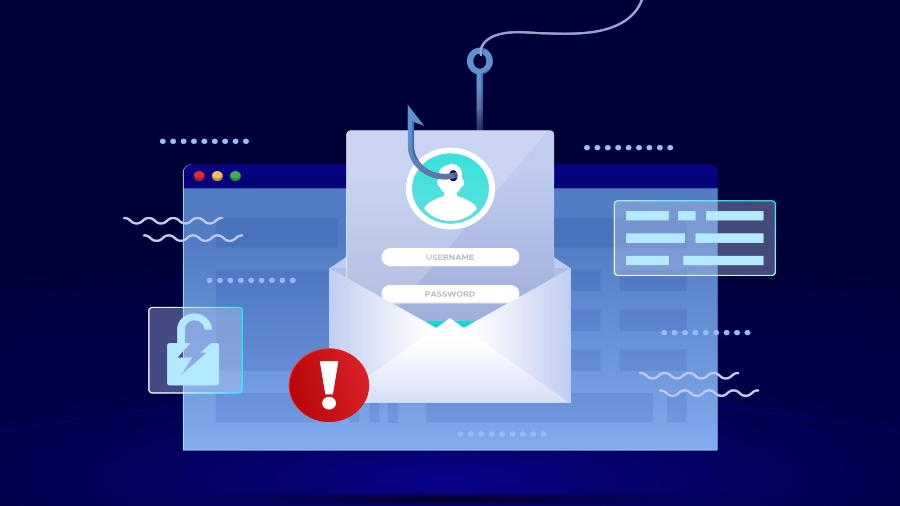



















![Apple's 11th Gen iPad Drops to New Low Price of $277.78 on Amazon [Updated]](https://images.macrumors.com/t/yQCVe42SNCzUyF04yj1XYLHG5FM=/2500x/article-new/2025/03/11th-gen-ipad-orange.jpeg)



![[Exclusive] Infinix GT DynaVue: a Prototype that could change everything!](https://www.gizchina.com/wp-content/uploads/images/2025/05/Screen-Shot-2025-05-10-at-16.07.40-PM-copy.png)























































